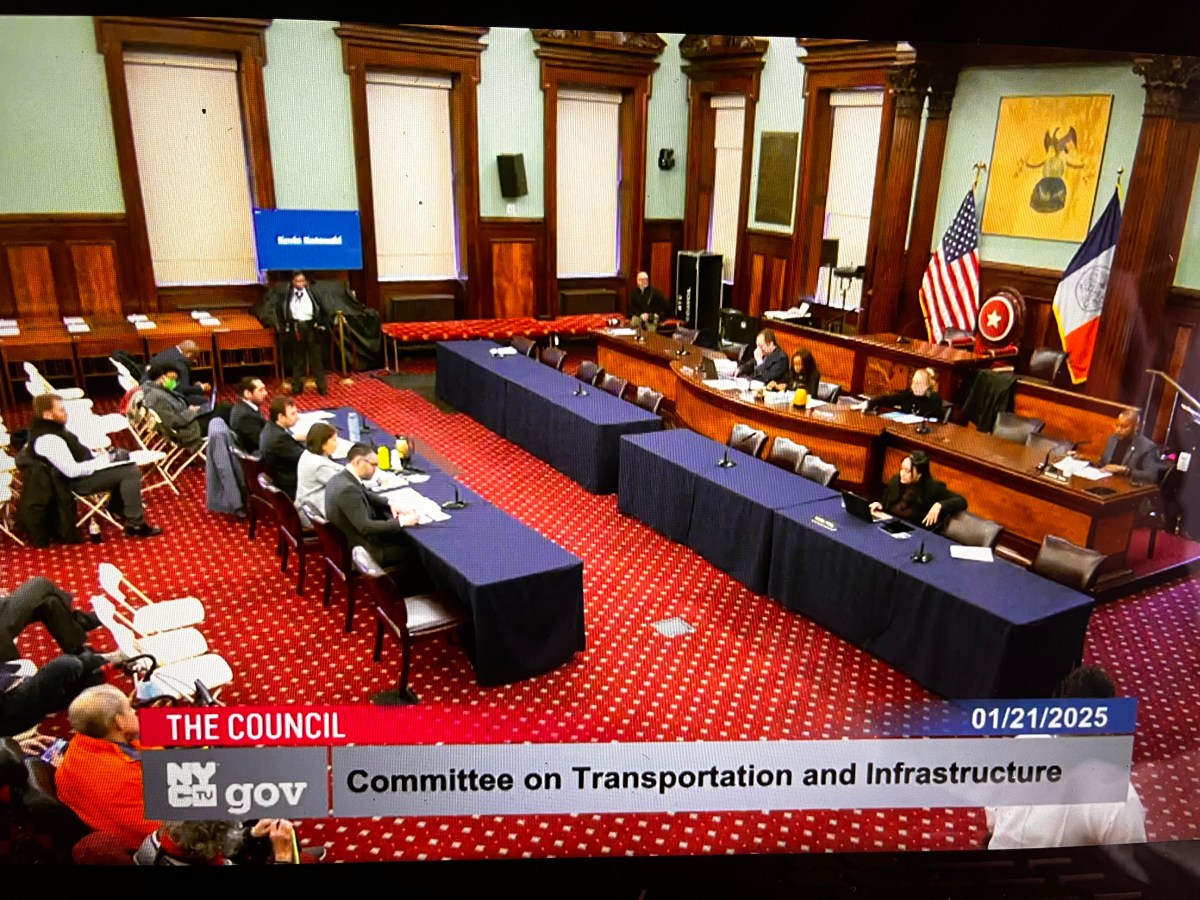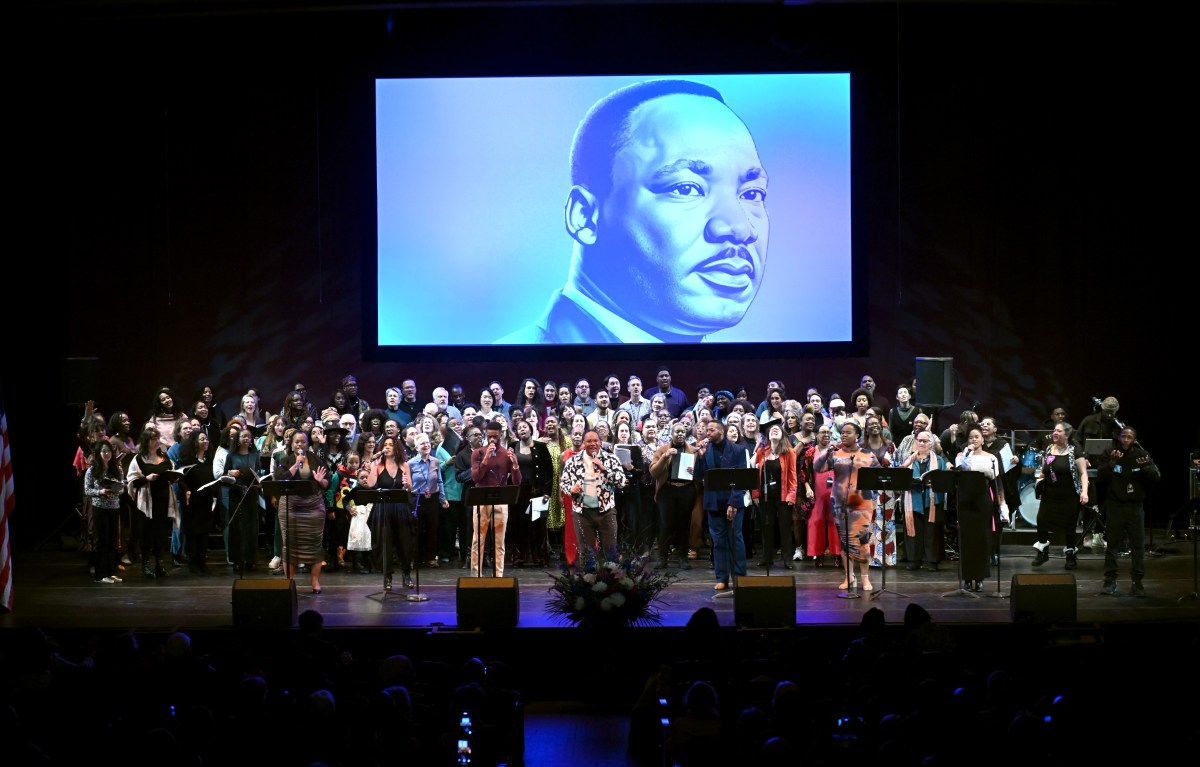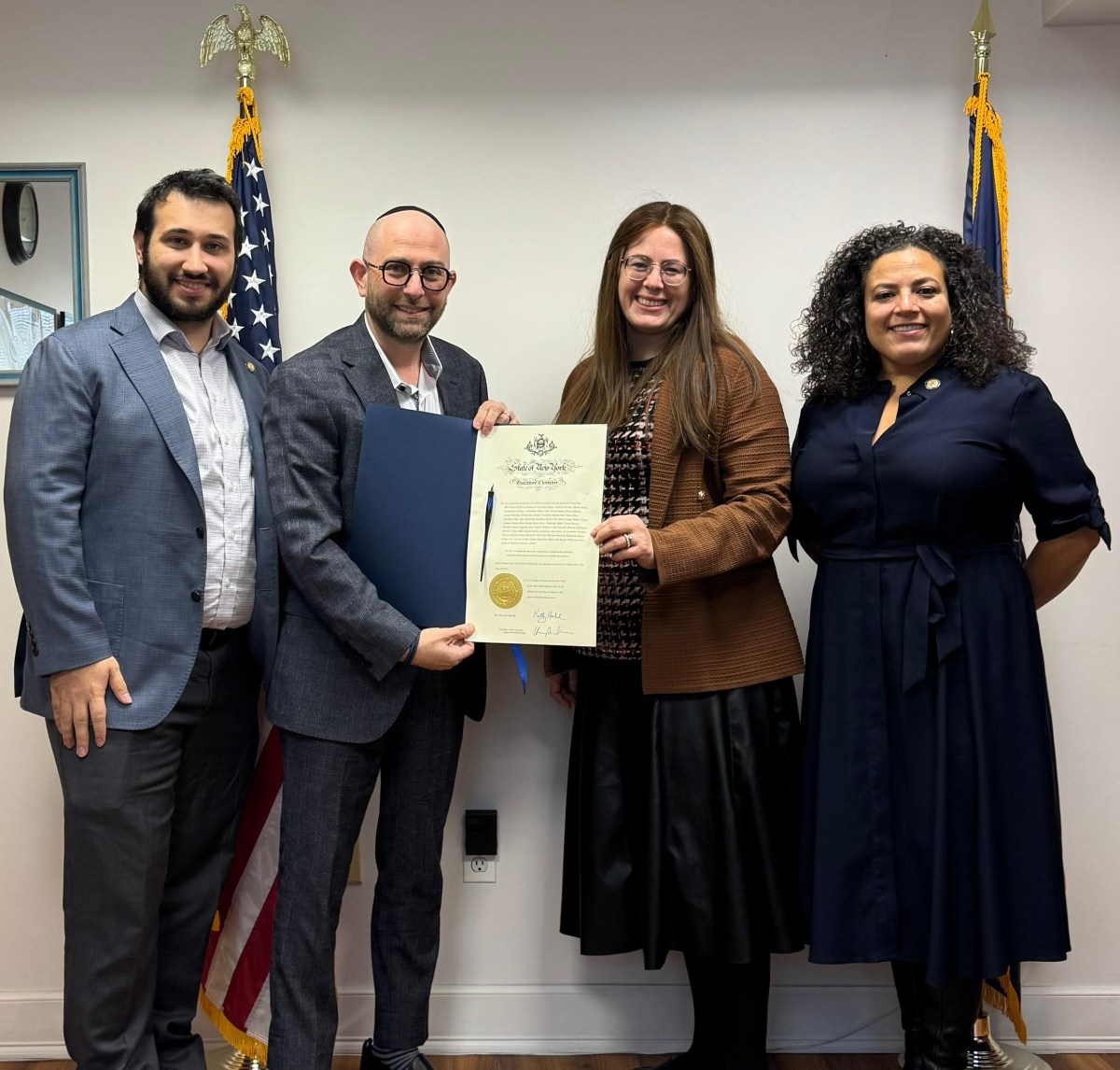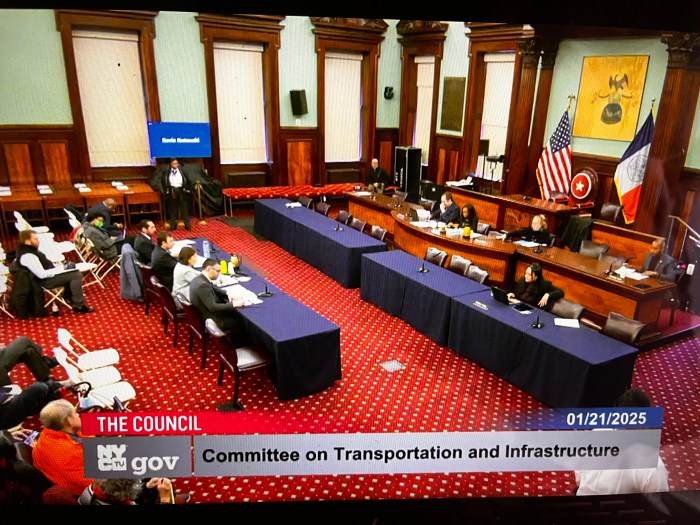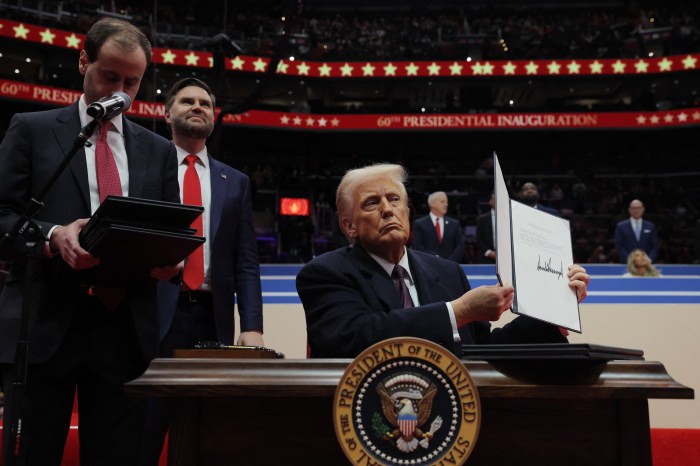
Business owners and workers in Long Island City were still reeling Friday, one day after Amazon announced it would no longer build a headquarters in the Queens neighborhood.
The e-retail giant abruptly canceled its plans for a massive 4-million-square-foot, $2.5 billion campus along the waterfront on Thursday, citing pushback from local officials and community groups. The decision by CEO Jeff Bezos and his senior leadership team was relayed to Gov. Andrew M. Cuomo and Mayor Bill de Blasio, whose administrations had worked for more than a year to woo Amazon to the city, via phone calls from the company’s top policy executive Jay Carney.
While community groups and lawmakers who opposed the deal, including State Sen. Michael Gianaris and City Councilman Jimmy Van Bramer, celebrated Amazon’s capitulation, some local business owners who were counting on the influx of high-salaried workers to the area were left stunned.
Adam Pileski, owner of The Burger Garage, at Jackson Avenue and 44th Drive, said the future of his restaurant is now unclear.
"The neighborhood is going through a lot of transition," he said. "We were excited to have people here Monday through Friday to help us with our lunch business."
Pileski, 50, said his lease expires next year and his landlord was planning to tear down the building and build a residential tower.
“We were in communication with someone from Amazon about potentially moving into the City Bank building across the street,” he said. “We’re really not sure [what we’re going to do now]. It’s very much up in the air.”
Mani Edbe, 30, who has a halal cart on Court Square, also said Amazon would have brought in additional business: "People always need food. It would have been good for me. I wanted them to stay."
The Amazon deal would have brought at least 25,000 jobs with an average salary of $150,000 to Queens over the next 10 years, and hiring was expected to begin this year. The company projected its headquarters, dubbed HQ2, also would have generated $27.5 billion in new tax revenue over 25 years.
Many local officials and community groups, however, were outraged that the deal was made in a way that circumvented the City Council’s land use approval process and they decried the billions in tax incentives offered to one of the most valuable companies in the world while residents struggle to keep up with an increasingly gentrifying neighborhood.
Myo Lin Thway, 48, owns Burmese Bites, a food cart located between the courthouse and the City Bank building on Court Square. He was excited for the business Amazon’s HQ2 would have brought him but he was also concerned the company’s arrival would have stalled his dream of opening a storefront in the neighborhood.
“Now that they’re pulling out the rent is going to fall back into an area that’s affordable to me,” he added.
While Gianaris, Van Bramer and others argue the Amazon deal was bad for their constituents, a recent poll released by Siena College Research Institute found that 58 percent of city residents supported it. Pileski said he’s "disappointed" that the opinions of a few derailed the entire project.
“The politicians I hear on the radio claim to have done this for the working people but the way I see it, Amazon and these 25,000 jobs was just the tip of the iceberg,” he said. “They would have come here patronizing me, so I would have hired more people. It’s not just about the 25,000 jobs it’s about the ripple effect in the community.”
Muhammad Malik, 42, said Amazon’s decision to pull out of the area was the wrong choice.
“I was upset. New Yorkers need those jobs they had to offer,” said Malik, who lives in Brooklyn and works as an HVAC tech in Long Island City. “I don’t understand why any New Yorker outside of Long Island City would not want them to come.”
Those who wanted to keep Amazon out of the neighborhood, meanwhile, continue to rally behind the idea that a small grass roots campaign can take on — and win against — a massive corporation in a time when cities across the country are offering billions in tax breaks and other incentives to lure businesses.
Over at the Agustin Pharmacy on 29th Street, 60-year-old supervising pharmacist Victor Sena expressed frustration, pointing out that the HQ2 deal had more to it than just tax incentives.
“They were going to give money to the libraries. They were going to give money to the schools,” he said. “It wasn’t just them coming on tax incentives. That was part of the deal coming in.”
With Reuters



